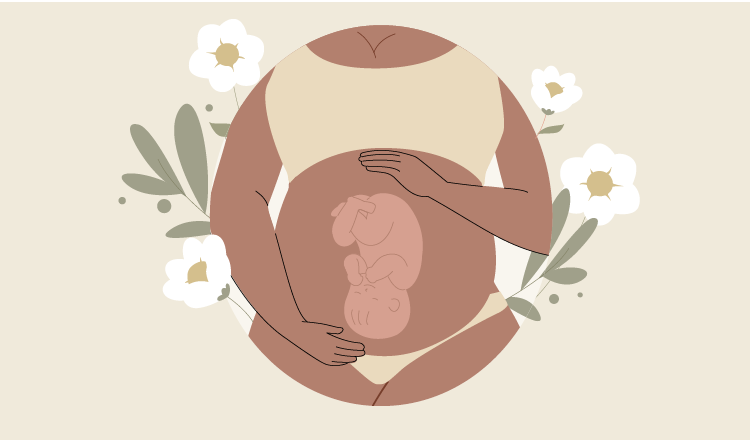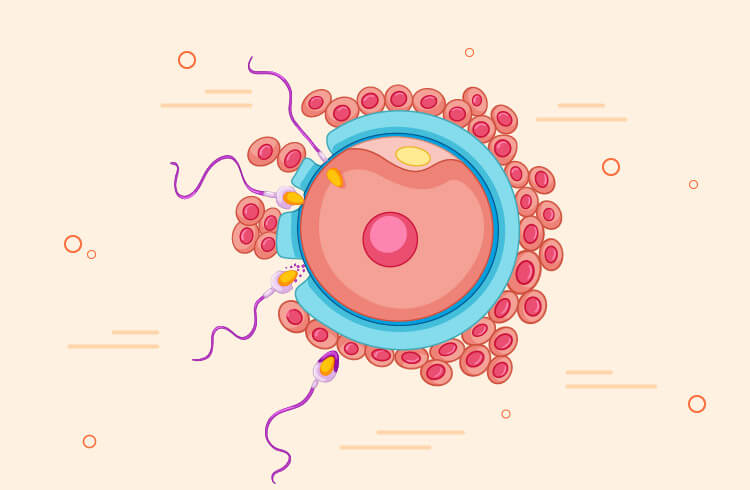April is Alcohol Awareness Month. This initiative aims to increase awareness and understanding of the adverse effects associated with excessive alcohol consumption. While enjoying the occasional drink is a common social activity, it's essential to recognize the potential risks that alcohol poses to our health, particularly concerning fertility and overall well-being.
Excessive alcohol consumption can have profound consequences on various aspects of our health, both physical and mental. Chronic alcohol abuse has been linked to the development of severe diseases and conditions that significantly impair our quality of life. Understanding the risks associated with alcohol abuse is crucial for making informed decisions about our health and well-being. Throughout Alcohol Awareness Month, let's come together to educate ourselves and our communities about the importance of responsible alcohol consumption and its impact on fertility and women's health.
Alcohol consumption significantly impacts fertility, with research and statistics highlighting its adverse effects on both men and women. According to the Centers for Disease Control and Prevention (CDC), alcohol use affects fertility in both genders, leading to challenges in conception. For women, heavy alcohol consumption is associated with irregular menstrual cycles, ovulation disorders, and an increased risk of miscarriage. A study published in the British Medical Journal found that women consuming more than five alcoholic beverages per week took longer to conceive compared to those with lower alcohol intake.

In men, chronic alcohol consumption can impair sperm quality, including reduced sperm count, motility, and morphology. Research published in the journal Alcohol Research links alcohol abuse to impaired sperm production and function, contributing to male infertility.
Moreover, prenatal alcohol exposure poses significant risks during pregnancy. The National Institute on Alcohol Abuse and Alcoholism (NIAAA) reports that alcohol consumption during pregnancy increases the risk of miscarriage, stillbirth, and fetal alcohol spectrum disorders (FASDs), which encompass a range of physical, cognitive, and behavioral impairments in children.
These findings underscore the critical importance of minimizing alcohol consumption, particularly for individuals attempting to conceive or during pregnancy. Making informed choices about alcohol intake can significantly improve fertility outcomes and promote healthier pregnancies.
Why Can Alcohol Decrease Fertility?

For Women:
Alcohol consumption disrupts hormone levels, particularly follicle-stimulating hormone (FSH) and luteinizing hormone (LH), both of which are crucial for regulating the menstrual cycle and ovulation. Excessive alcohol intake can lead to irregular menstrual cycles, ovulation disorders, and reduced egg quality, thereby diminishing a woman's fertility.
For Men:
Chronic alcohol consumption has been linked to decreased sperm quality. Alcohol interferes with the production, maturation, and function of sperm, resulting in reduced sperm count, motility, and morphology. This compromised sperm quality impairs fertility and reduces the chances of successful conception.
These detrimental effects highlight the importance of limiting alcohol consumption for both men and women who are trying to conceive. By reducing or abstaining from alcohol, individuals can optimize their fertility and enhance their chances of achieving a healthy pregnancy.
Moderate Drinking Don't Effect Fertility. Is It True?
While it's often debated whether moderate alcohol consumption affects fertility, research suggests that any form of alcohol intake can impact one's ability to conceive and maintain a pregnancy. While moderate drinking may not have significant long-term effects on fertility, it can still interfere with reproductive health and decrease the chances of successful conception.
For individuals who are trying to conceive, it's advisable to avoid alcohol altogether. Even moderate alcohol consumption can disrupt hormone levels, impair sperm quality, and adversely affect menstrual cycles and ovulation. Additionally, alcohol consumption during pregnancy can lead to serious complications, including fetal alcohol spectrum disorders (FASDs), miscarriage, and preterm birth.
How to Reduce Your Alcohol Intake?
Set Limits:
Establishing clear limits on how much alcohol you'll consume can help you manage your intake. Consider setting a weekly or monthly limit and stick to it.
Keep Track:
Monitor your alcohol consumption by keeping a record of how many drinks you have each day or week. This can help you become more aware of your habits and identify areas where you can cut back.
Find Alternatives:
Instead of reaching for alcoholic beverages, opt for non-alcoholic alternatives like sparkling water, herbal teas, or mocktails. Experiment with different flavors and ingredients to find options that you enjoy.
Avoid Triggers:
Identify situations or environments that trigger your desire to drink and find ways to avoid or minimize them. This might involve socializing in alcohol-free settings or finding new activities to enjoy that don't revolve around drinking.
Seek Support:
Don't hesitate to reach out to friends, family, or support groups for encouragement and accountability. Having a support system in place can make it easier to stick to your goals and navigate challenging situations.

FAQs About Alcohol and Fertility
Q1: How long after quitting alcohol can I start my TTC journey?
A1: The timeline for when to start trying to conceive (TTC) after quitting alcohol can vary depending on individual factors such as overall health, age, and the duration and intensity of alcohol consumption. Generally, it's recommended to wait until alcohol has completely cleared from your system before attempting to conceive. This may take several weeks or even months, depending on how much and how frequently you were drinking. Consult with your healthcare provider for personalized guidance.
Q2: Does a man need to quit alcohol while trying to conceive?
A2: Yes, alcohol consumption can affect sperm quality and fertility in men as well. Excessive alcohol intake can lead to decreased sperm production, impaired sperm motility (movement), and abnormal sperm morphology (shape). Therefore, it's advisable for men who are trying to conceive to limit their alcohol consumption or abstain from drinking altogether. Making healthy lifestyle choices, including reducing alcohol intake, can help optimize fertility outcomes for both partners.
This article is the original creation of Femometer. All rights reserved by Femometer Inc. To reproduce, distribute, or reference the content, please reach out to us in advance to prevent any potential legal issues. Copyright © Femometer Inc.










